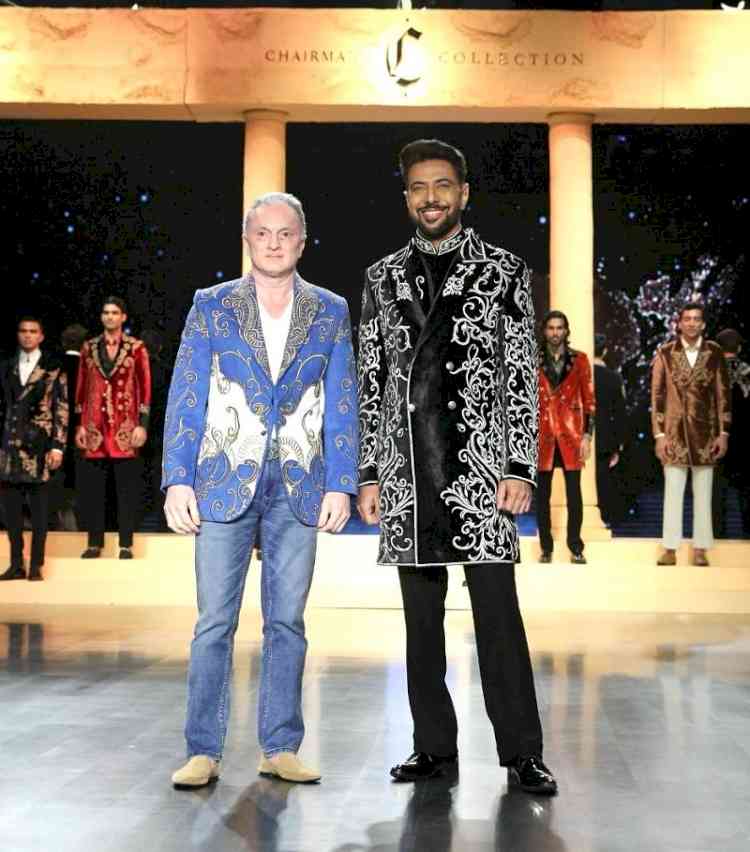Married woman cannot allege rape by live-in partner on false pretext of marriage: Delhi HC
The Delhi High Court has held that sexual relationships between two consenting adults, who are already married to other partners, do not warrant legal protection.

New Delhi, Sep 22 (IANS) The Delhi High Court has held that sexual relationships between two consenting adults, who are already married to other partners, do not warrant legal protection.
Justice Swarna Kanta Sharma said that if an unmarried person is deceived into a sexual relationship under the false promise of marriage by someone they believe is legally eligible for marriage, it may constitute an offense of rape.
However, when the victim is already married to another individual and thus not legally eligible to marry someone else, the claim of being induced into a sexual relationship under false pretenses of marriage cannot be upheld, the judge said.
"Thus, the protection and remedies available under Section 376 of the Indian Penal Code (IPC) cannot be extended to a victim who was not legally entitled to marry the person with whom she was in a sexual relationship."
The court clarified that Section 376 applies when the victim can prove that they were misled into a sexual relationship by someone who was legally eligible to marry them.
The observation came in response to a case involving two individuals who were living together in a live-in relationship while still being legally married to their respective spouses.
The woman involved in the case alleged that the man engaged in sexual relations with her under the false pretext of marriage. The FIR was filed under various sections of the IPC. The court took into account a "live-in relationship agreement" between the parties, where the complainant had agreed not to file an FIR or any claim against the man.
It was revealed that the woman was already married and her divorce case was pending in court. She claimed that the man had initially represented himself as unmarried and promised to marry her.
When she discovered his existing marriage, he swore an affidavit stating his intention to obtain a divorce and marry her.
The man contested the authenticity of the affidavits.
Quashing the FIR, the court asserted that the man could not have legally married the woman, given her existing marriage status. Therefore, her belief in his promise of marriage was not valid, as she was ineligible to marry him due to her existing marital status.
Justice Sharma also stressed on the legality and morality of such relationships, asserting that courts should not impose their moral judgments on consenting adults, as long as their choices do not violate existing legal frameworks.


 IANS
IANS 








